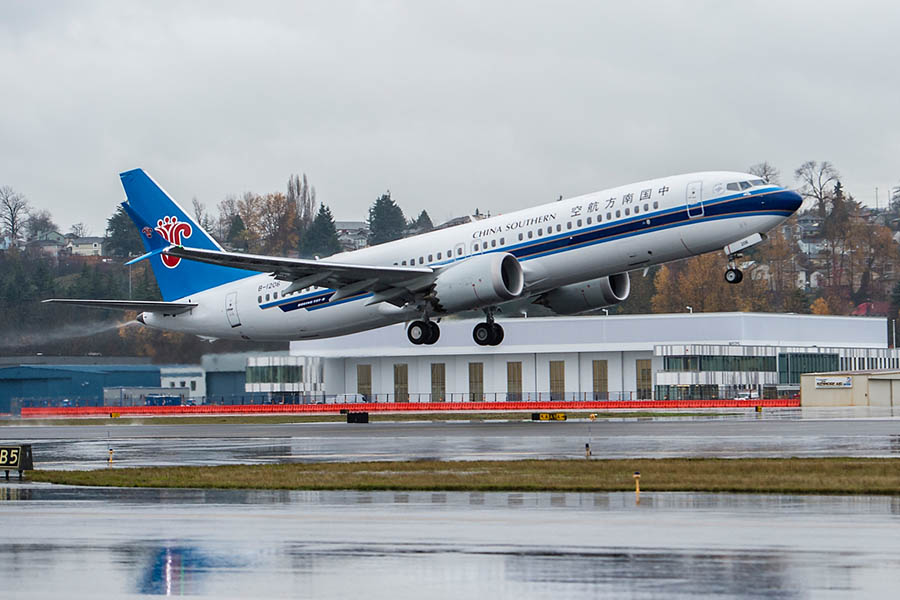Boeing Jets Could Be Part of Broad U.S.-China Trade Deal
WASHINGTON (Reuters) - Purchases of U.S.-made Boeing Co aircraft by China could be part of a sweeping deal currently being negotiated to end the months-long trade war between Washington and Beijing, Boeing's top executive said…
